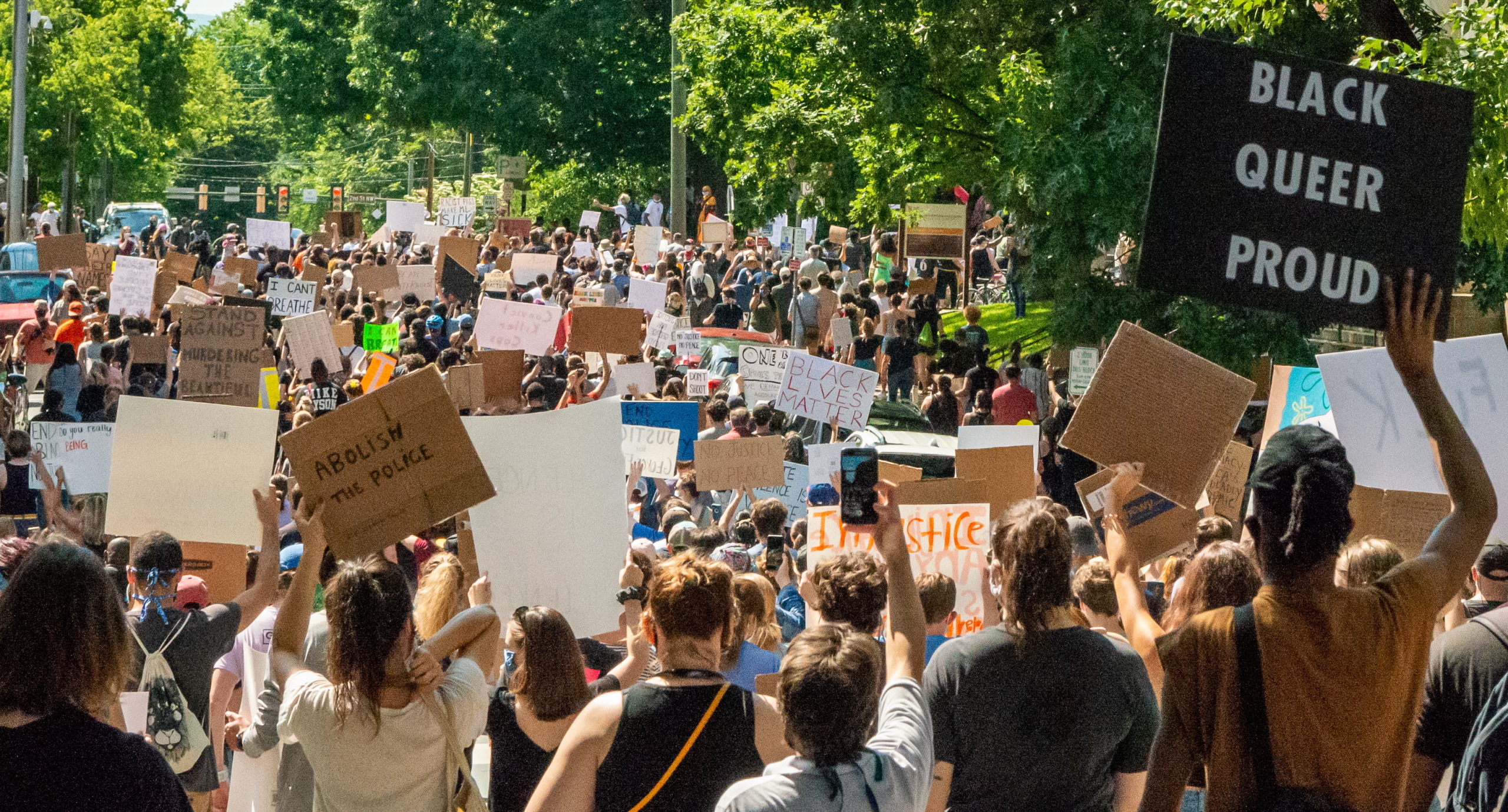The truth is that no one likes to feel embarrassed or uncomfortable. This is a difficult thing to admit when we want to claim that we are doing our best: we don’t want to make mistakes and feel even worse when we are called out on it.
Another truth is that there are more important things right now than our comfort.
I’m not white, but that does not mean I am without my own privileges in the UK. With those privileges comes the fact that I am learning about the experiences of anti-black racism rather than experiencing it. We do not get to shy away from this. We do not get to remain apathetic or let others fight this fight instead of us. It is our obligation to be outraged by racial injustices and to do something about it. We do not get to sit comfortably and watch as black people are being murdered because we do not consider ourselves ‘activists’. By being complacent, we have blood on our hands.
Yes, inevitably, people are going to get things wrong, but this should not be the concern that outweighs the lives of others. Feeling embarrassed is what we should be feeling. For so long, we have been silent when these injustices have been happening around us for years. The ignorance of us not being aware is due to the privilege we have had of not having to know about it. Whilst black kids are being taught every day about how to not provoke police officers into murdering them, we have had the privilege of not having to fear for our lives in this way. We should feel embarrassed. We should feel embarrassed that we did not know for so long because we have not been listening.
Racism is something embedded so deeply into Western society that it does not matter if we are not “actively racist” because we are racist by default. The foundations of our society are built off anti-black racism, and that is the sad truth. We must be actively anti-racist: by this, I don’t mean engaging in activism for one week because everyone else is. This must be an ongoing process, and it’s difficult for us to understand properly, yes, because we have never had to live through it the same way black people do. That does not mean that it is not important. It is in our best interest to educate ourselves, not only now, but continuously. We do not get a pat on the back for doing so. This is what we should be doing.
What we must learn is humility. We are not the centre of this issue, but we have an obligation to ensure we are doing the best we can to support this cause. We will make mistakes and we will be corrected. We should be focusing on bettering ourselves and understanding these issues than arguing and being defensive. If we have not experienced anti-black racism, it is not up to us to decide what counts as racist. If black people are telling us about their experiences, we must listen.
It is also important to note that we must not expect black people to educate us. It is our own responsibility to make sure we are informed and do our best, on our own, to understand. To be witnessing such injustices is horrifying, but think about how exhausted black people must be having to live through it. They should not have to coddle us or double-check they are not hurting our feelings for us to care. We must give the platform to black people, but we cannot expect them to teach us.
The Black History Month Library can be accessed here, but remember that you have an obligation to do the research yourself. Being in the UK allows us access to infinite resources. We have no excuse.
Jessie Lee
Image: Wikimedia Commons.

